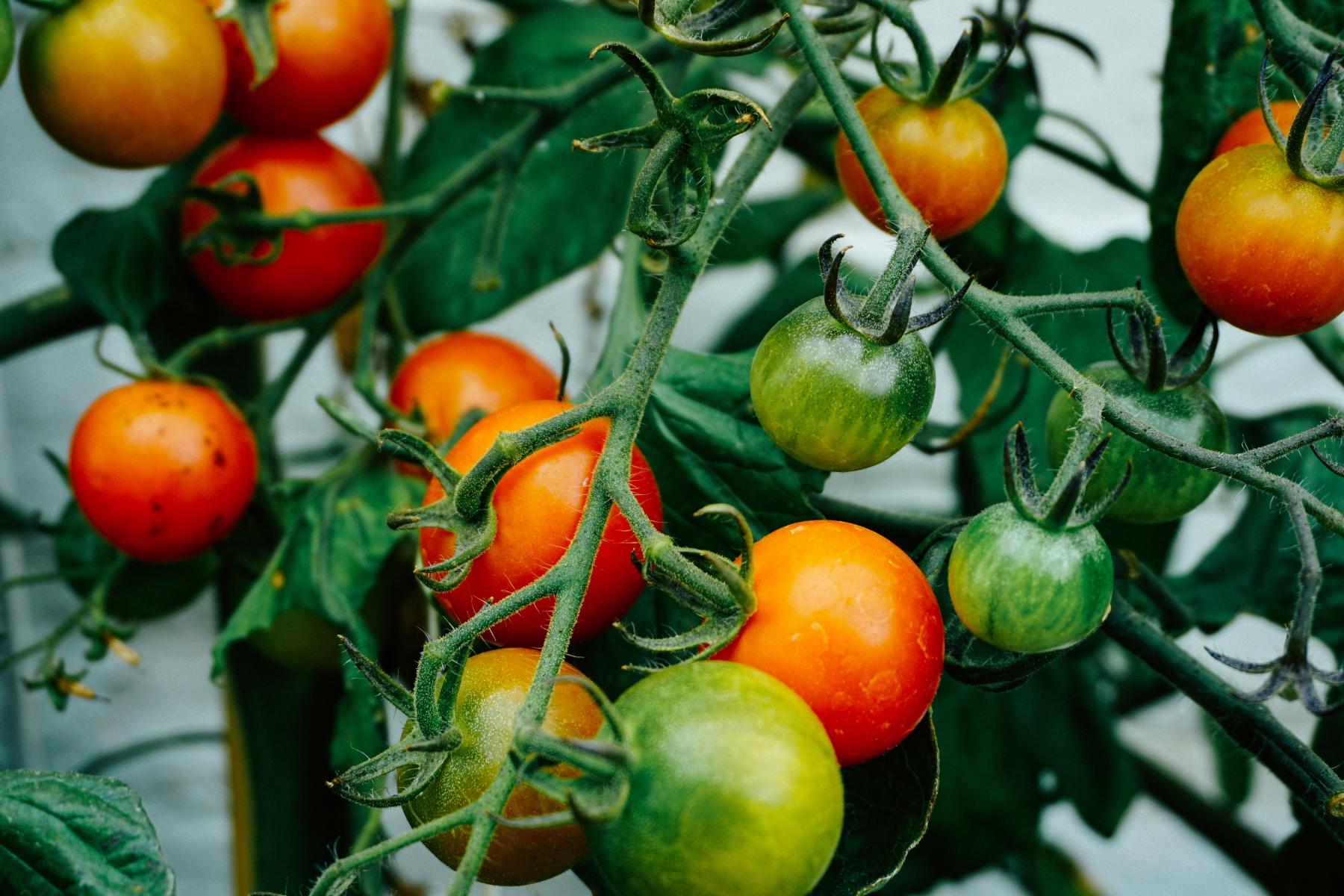
Eco-Tech Garden Innovations
The lesson plan challenges students to integrate research, agricultural principles, and engineering concepts, sparking their creativity in designing efficient and sustainable hydroponic setups. From choosing appropriate materials to optimizing space usage, students will delve into the intricate balance of science and engineering. Through this process, they'll gain valuable insights into the importance of sustainability in modern agricultural practices.
Moreover, the lesson plan emphasizes the application of engineering design concepts. Students will learn to strategically plan and construct functional hydroponic systems, considering various factors such as space constraints, material choices, and environmental sustainability. This hands-on approach not only enhances their problem-solving skills but also encourages critical thinking and innovation.
Lesson Plan Link/URL
https://docs.google.com/presentation/d/1TWTpUGNiNtdi4RC1XnujNj09_NJmlpu45BCugi-…Subject Area
Science Life Science L2: Organisms & Energy Technology 4. Innovative Designer Engineering S2: Apply the Engineering Design Process S7: Apply Project Management to Engineering Mathematics Measurement and Data (MD) Algebra (A)Related Content

Teachers will be introduced to the VEX V5 Robotic Platform. We will start with an Introduction to robotics and how robotics is used in industry. Students will understand the key resources they will be

This STEAM lesson is ideal for Tucson/Pima County Middle School Students who can participate in the annual KIDStruction building contest but you can also duplicate many of the learning opportunities

Students work their way through the first two parts of the engineering process in order to get a deeper understanding of an environmental problem- trash. The Great Pacific Garbage Patch is certainly